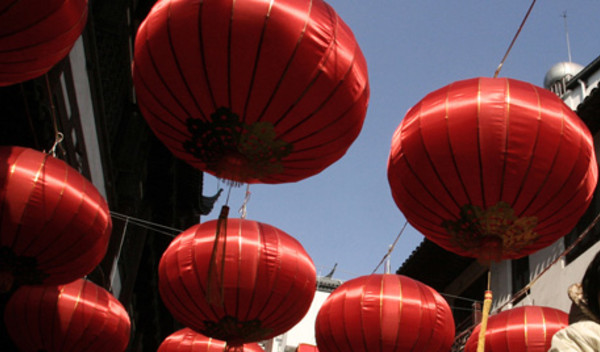

Investors withdrew $1trn (£686bn) from Chinese equities in 2015, and 2016 hasn’t started any better.
Trading was suspended twice in the first week of the year alone, by an automatic circuit breaker put in place to avoid investor panic. Instead, it seemed to perpetuate fear and was hurriedly removed. By the last week in January, Chinese shares had fallen to a 13-month low.
It does seem to be fear rather than anything more concrete dragging the market down, however. We’ve known that the Chinese economy has been slowing for some time now, and probably to a greater extent than the official data suggests. It is likely to slow even more this year.
We are equally aware that the Chinese government will intervene to try to keep things on track. So there hasn’t really been any new news to cause such panic selling. The rebalancing from an investment-led to services-led economy will take a long time. No one said it was ever going to be easy.
Admittedly, the currency is a concern. For some time, other countries have been devaluing their currencies and China has been absorbing such weakness. They can’t do this indefinitely and if the renminbi has to be devalued, it presents a significant risk. It would export (more) deflation to the rest of the world.
While Chinese consumer debt is relatively low, corporate debt isn’t – and companies have borrowed in US dollars. Chinese corporate debt could well be the next asset to come under stress.
That said, with share prices in China having fallen significantly, opportunities are beginning to emerge. Caution is still required, as the situation could easily get worse before it gets better, but long-term investors with spare cash might consider buying on the dips.
February 8 marks the start of the year of the monkey. Astrologers’ ‘wisdom’ suggests the monkey will bring a state of flux, in which “anything can happen”. However, their forecasts also predict for improvements in finances, politics and real estate, and plenty of economic growth. While I’d like to believe the second half of this horoscope, I suspect the first may be more apt.
In either scenario, my preferred Chinese equity fund is Invesco Perpetual Hong Kong & China. It’s a concentrated, multi-cap portfolio of both Hong Kong and Chinese equities. Managers Mike Shiao and Lorraine Kuo are based in Hong Kong and have a very experienced and well-resourced team.
Mike believes there is a dearth of research on Chinese equities, so the team conducts its own. This gives it a major edge.
The managers invest in quality companies that hold leading positions in their industries and visit about 1,000 companies a year. They are not afraid to hold positions that are substantially different from the benchmark, which is dominated by old state-owned companies.
All holdings in the fund must pay a dividend, as this forces management to be disciplined. Not overpaying for a stock is another protection – they typically invest only where they believe a stock is undervalued by at least 30%. The strategy has a great track record compared with its peers and, as it doesn’t invest in the onshore A-share market, is far less volatile.
Darius McDermott is managing director of FundCalibre




